Have you ever wondered why your bathroom cabinet is overflowing with personal care products? Well, you're not alone. For a long time, women were the main driver in personal care products, but according to a survey by Morning Consult, men are on track to change all of that. The survey found that the average adult man in the U.S. uses a whopping 11 different personal care products each day. That's nearly twice as many as 20 years ago! But why the sudden increase and what is the health impact of all these new products? Dive in with us as we break it all down for ya.
Chemical overload: Are these products safe?
While personal care products may help us look and feel our best, there's a dirty secret lurking behind those fancy labels. The Environmental Working Group (EWG) commissioned a study to analyze the ingredients used in these products, and the results are alarming. It turns out that some of the ingredients used in our favorite grooming essentials are linked to serious health harms.
When you take a closer look at the labels on your personal care products, you might be surprised by what you find. According to EWG's analysis, the average adult uses 12 personal care products in a day (we're talking men AND women), which could contain as many as 112 unique chemical ingredients. That's a lot of chemicals to be slathering on our bodies!
Some of these chemicals include:
-
Coal tar. "Coal tar is a known human carcinogen (NTP 2004, IARC 2004). Used in four shampoos from Neutrogena and Ionil designed to control itching and eczema, including Neutrogena T-Gel Shampoo."
- Benzyl violet 4B. "Benzyl violet 4B, also known as violet 2, is considered a carcinogen by the State of California and the International Agency for Research on Carcinogens (OEHHA 2004, IARC 2004). An EWG analysis of ingredient labels found violet 2 listed on labels of 25 products, including an Alberto VO5 shampoo, a Caress moisturizing body bar, and Almay nail treatments."
- Selenium sulfide. "Both the U.S. National Toxicology program and the State of California classify selenium sulfide as a carcinogen (NTP 2002, OEHHA 2004). It is used in one product, Head & Shoulders Dandruff Shampoo, Intensive Treatment"
- Silica. "Crystalline silica is a known human carcinogen (IARC 2004). Silica in cosmetics may be in the form of tiny particles of glass (Merck 2004), sand or bits of ground quartz from mining operations (NIOSH 2002), or even an extract from horsetail plants (see, for example, www.wholehealthmd.com, 2004). Of these, the sand or quartz material is the crystalline form known to be carcinogenic."
Why FDA Regulations Fall Short
While some states, such as California, offer regulations for many of these ingredients, federal regulation falls short. Why? Largely because ingredients are assessed individually rather than in common combinations with other chemicals. This scenerio just doesn't match reality.
“'Our concern is that the safety of ingredients is still assessed one at a time, which doesn't match how consumers are exposed to consumer products, dozens at a time and over a lifetime,” said Homer Swei , Ph.D., EWG senior vice president, Healthy Living Science.
The analysis showed that U.S. consumers are exposed, on average, every day to two ingredients linked to cancer and to two linked to chemicals that can harm reproductive and development systems." Similarly, it uncovered our mass-consumer exposure to "15 fragrance chemicals a day, seven of which are chemicals that could cause an allergic reaction," (EWG, 2023).
Protect yourself: How to make safer choices
Now that you know the dirty truth about personal care products, it's time to take action. Here are a few tips to help you make safer choices:
1. Read the labels
Don't just trust the fancy packaging and catchy slogans. Take a few extra seconds to read the ingredient list. Look out for chemicals like parabens, phthalates, and synthetic fragrances, which have been linked to health issues.
2. Go natural
Consider switching to natural and organic personal care products. These products are often free from harmful chemicals and are better for both your health and the environment.
3. Simplify your routine
Do you really need all those different products? Simplify your grooming routine by using multi-purpose products or opting for a more minimalist approach. Your skin will thank you!
4. DIY it
Why not try making your own personal care products? There are plenty of recipes available online for homemade deodorants, toothpaste, and even shampoo. Plus, it can be a fun and creative way to take control of what you put on your body.
Conclusion
Next time you reach for that bottle of cologne or tube of toothpaste, take a moment to think about what you're really putting on your body. By being more conscious of the products we use, we can make safer choices and protect our health in the long run. So, let's clean up our personal care routines and say goodbye to the dirty secrets of the beauty industry!
References
Centers for Disease Control and Prevention (CDC) (2003). Second National Report on Human Exposure to Environmental Chemicals. Available online at http://www.cdc.gov/exposurereport/2nd/.
Environmental Working Group (EWG), Healthcare Without Harm, and Womens Voices for the Earth (Houlihan, Brody, and Schwan) (2002). Not Too Pretty. Phthalates, beauty products, and the FDA. July 2002. Available online at http://www.ewg.org/issues/cosmetics and http://www.safecosmetics.org.
Environmental Working Group (2003). Body Burden. Pollution in People. January 2003. Available online at http://www.ewg.org/reports/bodyburden/index.php.
Thornton JW, McCally M, Houlihan J. (2002). Biomonitoring of industrial pollutants: health and policy implications of the chemical body burden.Public Health Rep. 2002 Jul-Aug;117(4):315-23.
From the Environmental Working Group (EWG): SOURCE: Environmental Working Group Original Post: http://www.ewg.org/news-insights/news-release/2023/07/mens-use-personal-care-products-has-doubled-2004-according-new Posted: Wed, 19 Jul 2023 14:08:16 +0000
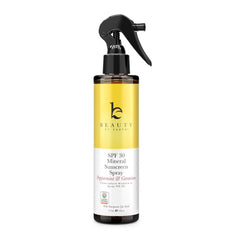
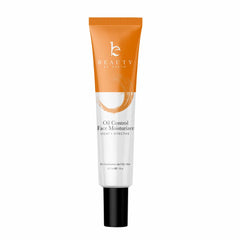
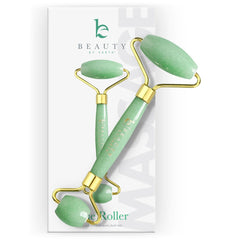
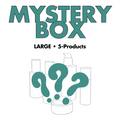
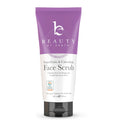
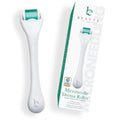

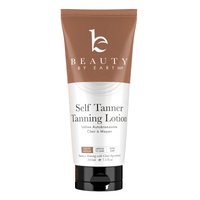
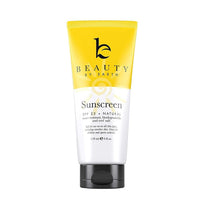
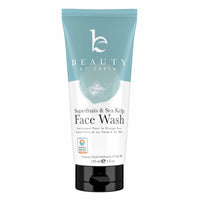
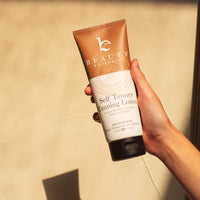
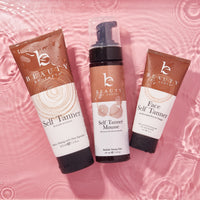
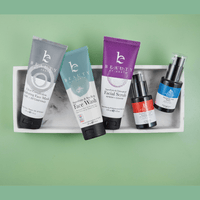
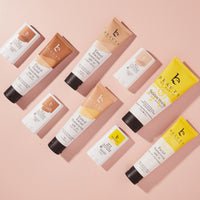
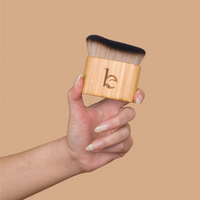
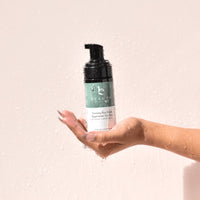
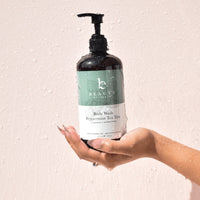
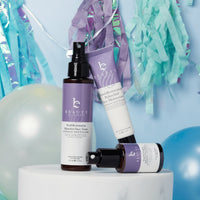
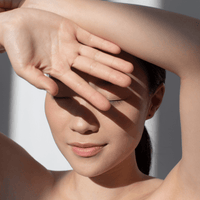
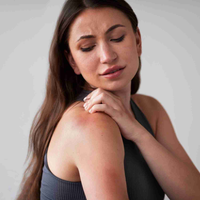
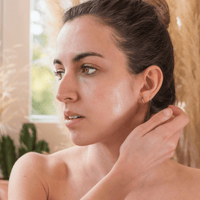


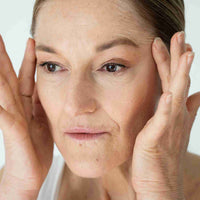
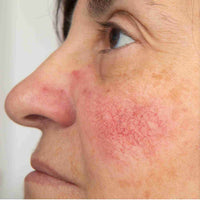
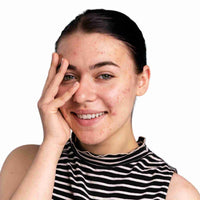






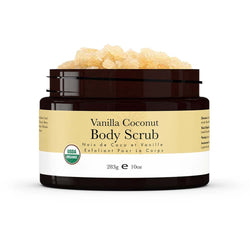
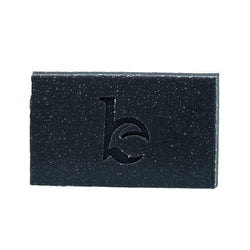
join the conversation